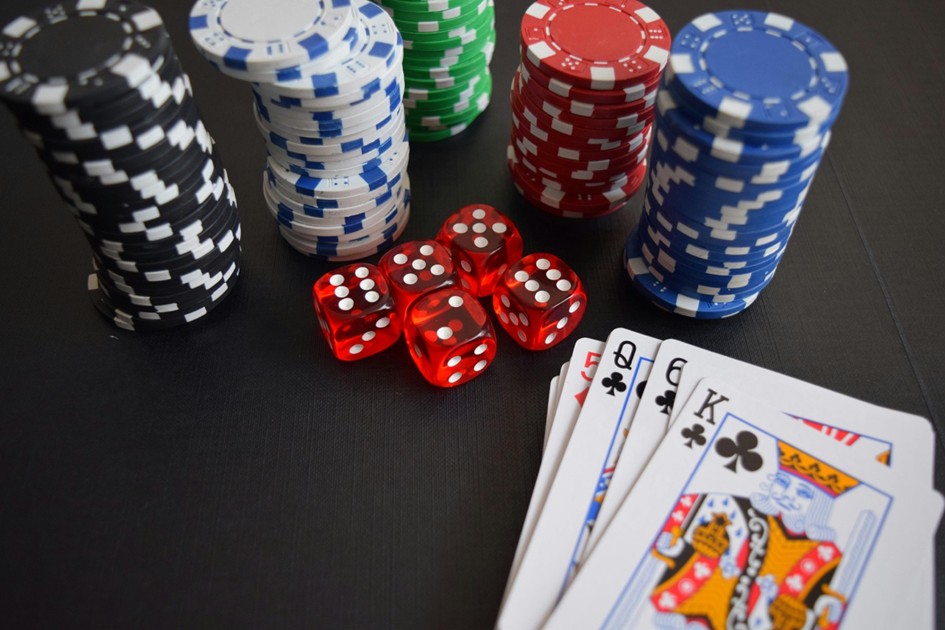The Evolution of Gambling Portrayals in Television

Television’s always had a thing for gamblers. The loners. The hustlers. The ones who saw the world not in certainties but in odds. They weren’t always heroes, but they knew something about risk that the rest of us didn’t. Something primal. Something honest. For decades, gambling on screen was shorthand for rebellion — a character who couldn’t sit still, couldn’t play it safe, and sure as hell wasn’t going to take a desk job.
But something’s changed. The camera lingers longer now. It watches the twitch after the win, the silence after the loss. Gambling has evolved on screen, not just as a plot device but as a mirror. It reflects not just desire but control. Not just risk, but responsibility. In today’s stories, the most telling moment isn’t the bet — it’s what comes after. The decision to double down, or to walk away. And sometimes, it’s the quiet choice to play responsibly with built-in gambling tools, the kind reputable platforms now offer — invisible to the plot, but quietly shaping the person holding the phone.
Act I: Cowboys, Cards, and Clean Exits
In the beginning, gambling was myth. Maverick, Gunsmoke, and the golden-age Westerns cast it in soft light — a gentleman’s game played in dust and whiskey. If you lost, you tipped your hat. If you won, you smiled and rode on. Nobody got ruined. Nobody spiraled. The house always won, but you didn’t mind.
Even later, in slicker shows — the Miami Vice era — gambling was all flash: neon, dice, danger. It was cool. Shallow. A tool to show the stakes without showing the cost. You placed your bet and the plot moved on.
That version worked when viewers wanted fantasy. When the distance between the screen and the real world was wide enough to ignore the blood on the chips.
Act II: The Cracks in the Table
But then the mask slipped. The turn came in the late ‘90s, early 2000s. Prestige TV arrived like a cold splash of bourbon. The Sopranos didn’t just show gambling — it showed what it did to a man’s spine. The Wire let it bleed into the streets. Breaking Bad wrapped it into a slow-motion breakdown of ego.
Suddenly, gambling wasn’t a single bad night. It was a pattern. A lie. A habit that hollowed people out and left them asking where the money went. Characters bet to feel alive. Bet to feel in control. Bet because losing, at least, meant feeling something.
Television got smarter. And crueler. The fallout stuck. Debt, shame, silence — they lived between episodes.
Modern Bets: Precision, Probability, Power
Now? The shows look different. The gamblers wear AirPods. They don’t play for the thrill — they play for the edge. The algorithm, the arbitrage, the game theory. Shows like Bookie and Under the Gun don’t frame betting as reckless. They frame it as tactical. It’s not sin. It’s strategy.
These characters don’t crash and burn — they optimize. They calculate variance. They monitor their behavior. Some of them even set limits. And yeah, once in a while, you see it — the screen flash, the pop-up: a prompt to check your limits, to take a break. A nod to those who play responsibly with built-in gambling tools, because sometimes control isn’t cinematic. It’s quiet. Chosen. Unseen.
The stakes haven’t gone away. But now, the smartest players know how to fold. That’s the new tension: not how much you can win, but how much of yourself you can keep intact.
Across the Pond: Different Chips, Different Stakes
In America, gambling’s painted as a personal vice — something gritty, secretive, sometimes redemptive. In Britain, it’s grayer. Legal. Mundane. A bet on the weekend game, a life on pause. Shows like Peaky Blinders or Top Boy show gambling as tradition — cultural, ritualistic, inevitable.
In Korea, dramas like Tazza treat gambling with reverence and dread. It’s not just personal risk — it’s societal weight. Shame, pride, blood ties. A man doesn’t just lose money; he loses face. Legacy.
That’s the thing: the chips might look the same, but the stories change country to country. Culture writes the stakes. And TV reflects them back in subtleties — the kind that stick long after the credits roll.
Finance Enters the Chat
There’s another evolution happening. Modern TV doesn’t just equate gambling with loss. Sometimes it draws a sharper line — between betting and finance. A character makes a leveraged trade. Another hits a parlay. You watch them flick through odds and charts, trading dopamine for dollars.
And you realize: the show isn’t making a distinction.
Gambling, investing, fantasy sports — it all blurs. It's all speculation. The question isn't if you'll risk something. It's what you're willing to risk it for. Your time? Your money? Your peace?
This is where the smarter shows are heading. Not toward blame. But clarity.
Series, Not Scenes
Movies will always love gambling. Rounders, Casino, The Gambler — all teeth and flashbulbs. A man bets everything, wins or dies. Roll credits.
But television plays the long game. A character starts with a hundred bucks in Episode One. You watch it ride through seasons — becoming a habit, a debt, a secret. You see the ripple: in marriages, in bank accounts, in shame. TV has time to tell the truth. Time to explore what a bet really costs.
And that time is where responsibility creeps in. Not as a PSA. Not as a lecture. But as a slow, smart echo.
The Tools Offscreen
The best shows don’t break the fourth wall. They don’t need to. They just include what’s real. A prompt to pause. A moment of hesitation. A subtle flick of the thumb over a screen, turning off the app. No fanfare.
But it matters.
It reflects the world we live in — a world where betting is no longer confined to backrooms or casinos. It’s digital, daily, available. And the platforms that understand that give players tools to hold the line. To stay human.
TV reflects that too. Because now, a character doesn’t just need courage to place the bet. Sometimes, they need courage to walk away.
Know the Game
Gambling on TV used to be all smoke and mirrors. Now it’s mirrors, mostly. We see ourselves. The thrill. The fear. The small decisions that grow teeth.
And the best shows don’t ask us to stop playing. They just ask: who are you when the chips are down? Who are you when no one’s watching? Do you stay? Do you fold? Do you bet the house?
Or do you choose to keep something for yourself?

